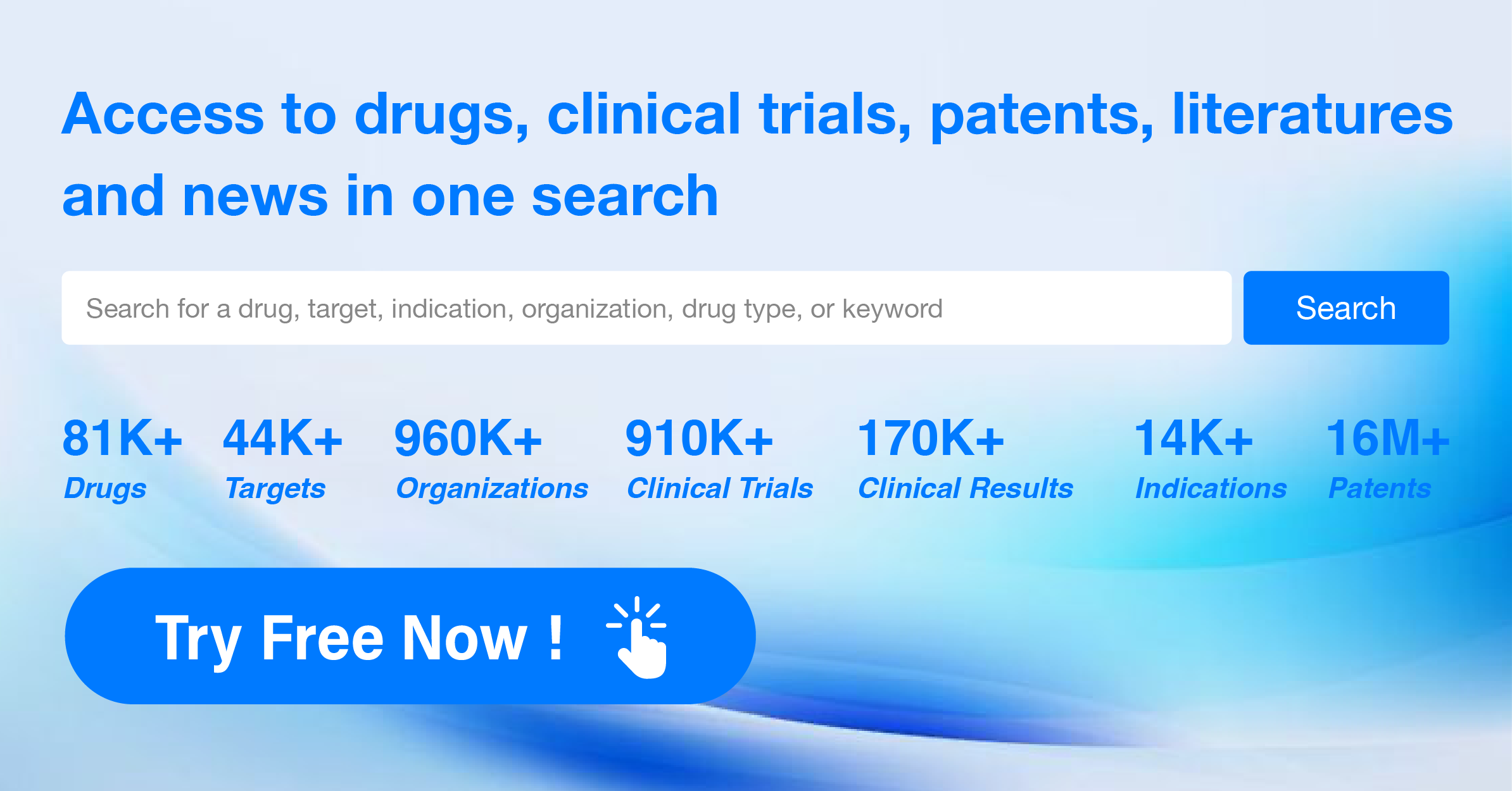What is Triple-Negative Breast Cancer?
Triple-Negative Breast Cancer (TNBC) is a special type of breast cancer characterized by the absence of estrogen receptors (ER), progesterone receptors (PR), and human epidermal growth factor receptor 2 (HER-2) on the surface of cancer cells. Due to the negativity of these three important therapeutic targets, treatment options for TNBC are relatively limited, and patients typically cannot benefit from hormone therapy or HER2-targeted therapy.
TNBC accounts for 10% to 20.8% of all breast cancer pathological types and is characterized by high invasiveness, metastasis, and recurrence rates, leading to a relatively poor prognosis. Additionally, a higher proportion of TNBC patients harbor BRCA1 or BRCA2 gene mutations, which suggests a strong association between TNBC and hereditary breast cancer.
In terms of treatment, TNBC typically relies on chemotherapy. In recent years, some progress has been made in chemotherapy, targeted therapy, and immunotherapy, such as the application of antibody-drug conjugates (ADCs) and immune checkpoint inhibitors, bringing new hope for the treatment of TNBC patients. Furthermore, some novel drugs and treatment regimens, such as PARP inhibitors and Trop-2 targeted drugs, have also shown potential in the treatment of TNBC.
It is worth noting that the treatment strategies for TNBC are continuously evolving and optimizing, and patients' survival rates and quality of life have improved with the emergence of new therapies. However, due to the complexity and heterogeneity of this type of breast cancer, personalized treatment and precision medicine remain important directions for future research and treatment.




